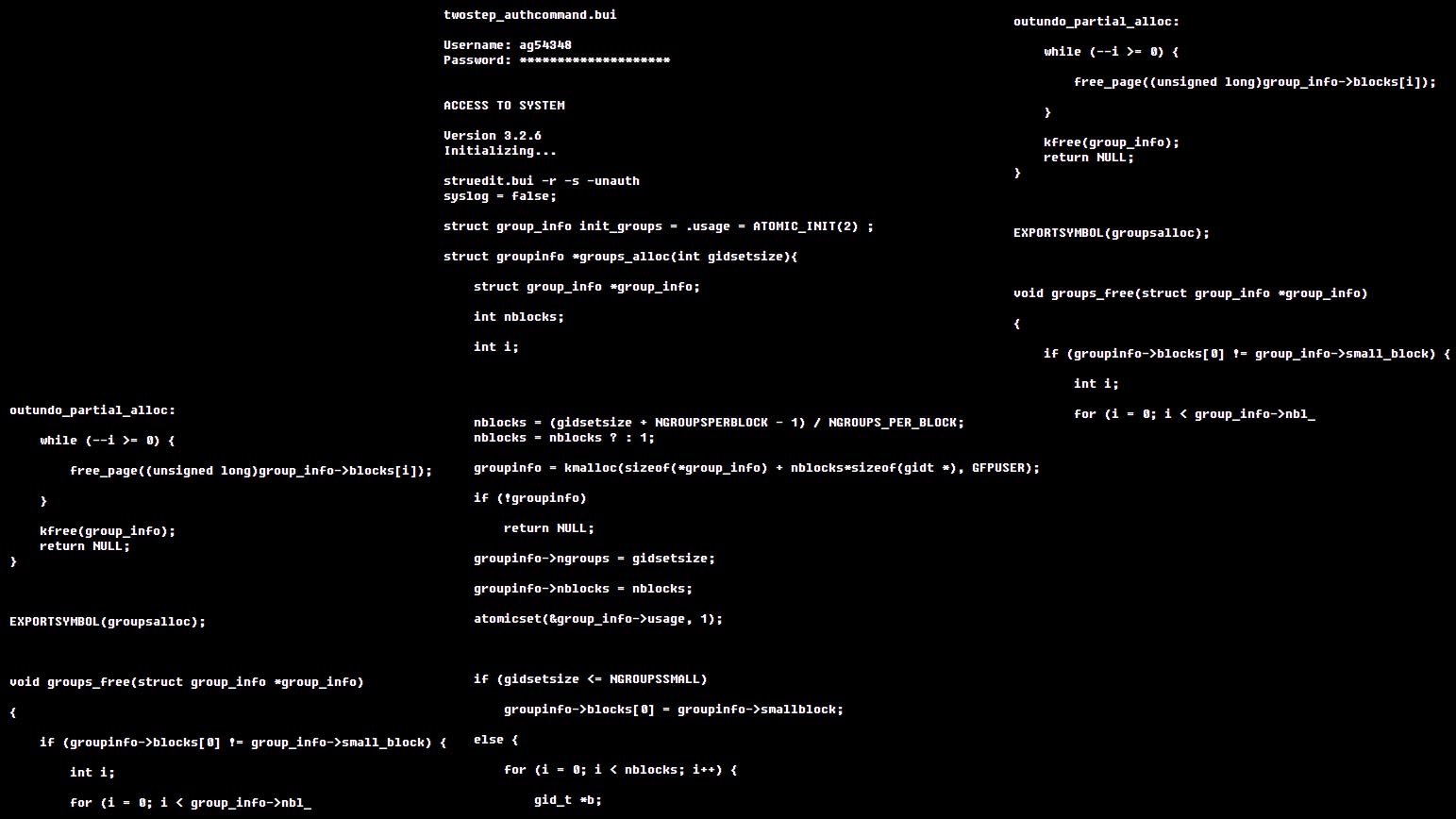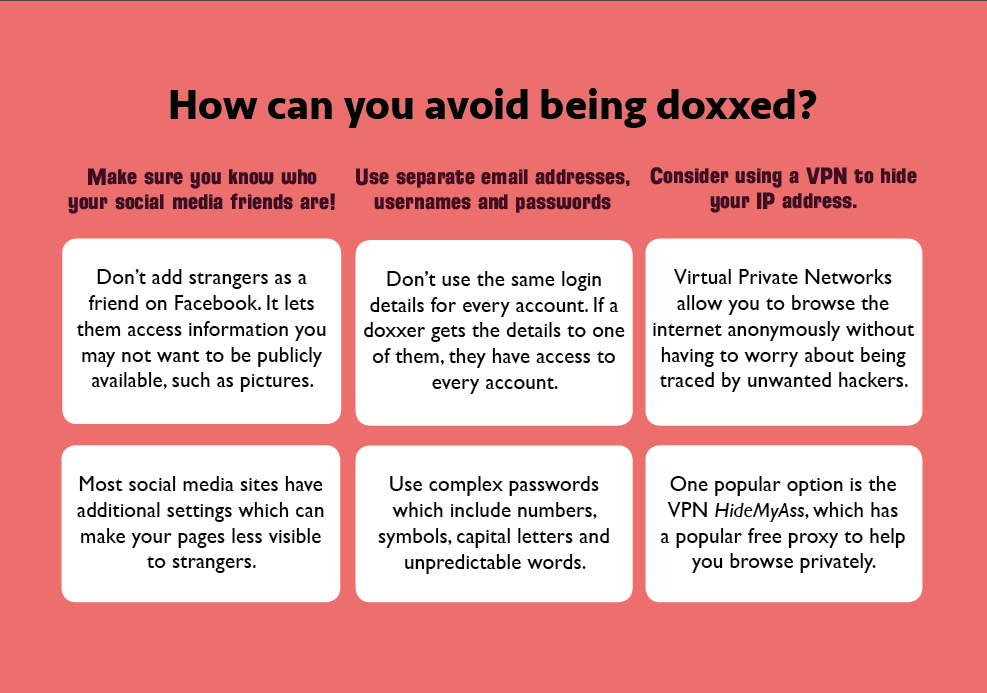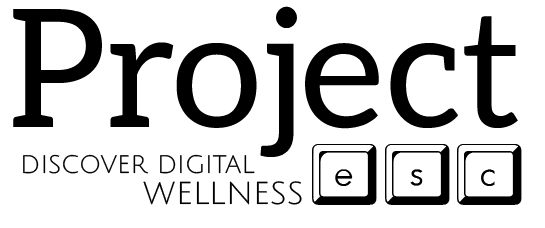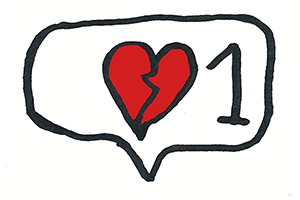How can you stay safe online?

“In the once upon a time days of the First Age of Magic, the prudent sorcerer regarded his own true name as his most valued possession but also the greatest threat to his continued good health, for once an enemy learned the sorcerer’s true name, then routine and widely known spells could destroy or enslave even the most powerful. Now it seems that the wheel has turned full circle and we are back to worrying about true names again.”
So go the opening lines of Vernor Vinge’s criminally under-acknowledged yet arguably prophetic 1981 sci-fi novella True Names. Vinge’s story of hackers was well ahead of its time, not only for being arguably the first portrayal of a worldwide web in fiction, but also for recognising the potential dangers of the internet over a decade before the worldwide web emerged.
In the novel, there is no greater risk than to have one’s ‘True Name’ (real life identity) revealed online. It opens the protagonist up to threats, blackmail, manipulation potential arrest.
Though the book’s story may be fictional, the risks and emotional trauma of having your personal details placed on the web are not, and people who are victims of this practice- known as ‘doxxing’, are left vulnerable and often feel victimised and alone.
Doxxing, or ‘doxing’ is the practice of deliberately revealing a person’s private details online to violate their online anonymity and open them up to potential harassment, spam and even identity theft. This may include your name, your address, phone number, email address or private images and documents. In fact at its heart, documentation is the key feature of it (that’s what the ‘dox’ in doxxing are). It is usually intended maliciously, often for revenge and as a form of online harassment.
Furthermore, the threat of doxxing can potentially be used in blackmail, extortion or even to send false tip-offs to the police to send a response unit to your house (known as ‘swatting’ after SWAT teams).

This is not as unlikely as you might think.
In 2015, individuals affiliated with the ‘Gamergate’ movement which opposed feminism in video games, made a hoax distress call which resulted in armed police being dispatched to the home of Seattle-based web developer Israel Galvez.
In 2017, in another widespread occurrence of doxxing, many users of the online drug marketplace TradeRoute received poorly written letters attempting to use the data gathered from that website to extort money from them.
High profile individuals who have reportedly suffered from doxxing include Arnold Schwartzenegger, Hulk Hogan, Britney Spears and Beyonce. Whilst celebrities are more likely to be targeted, it is good to be aware of the risks no matter who you are and stay safe.




